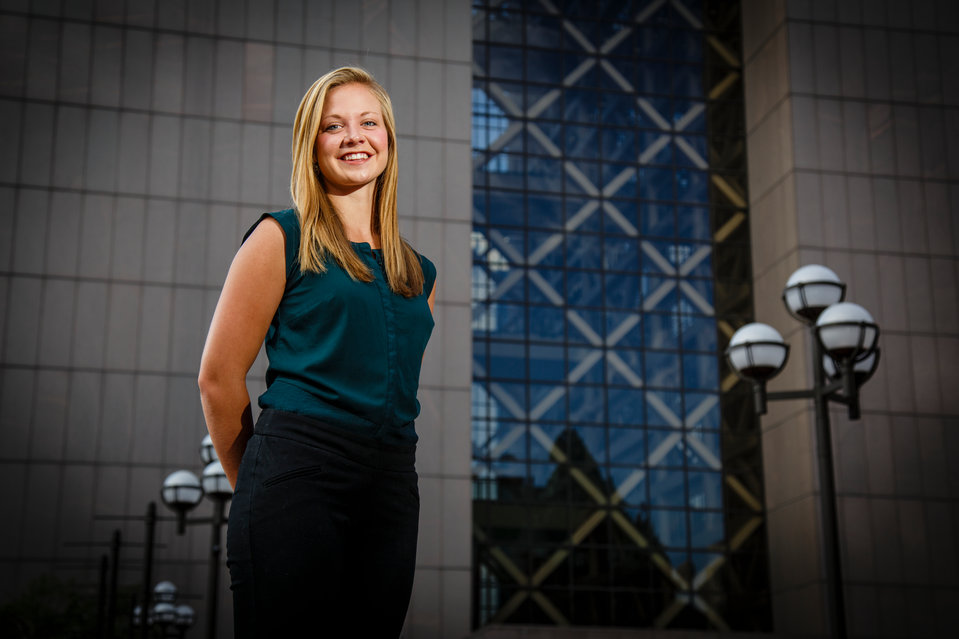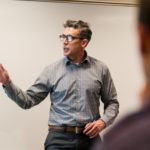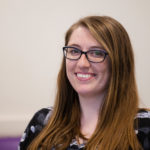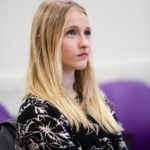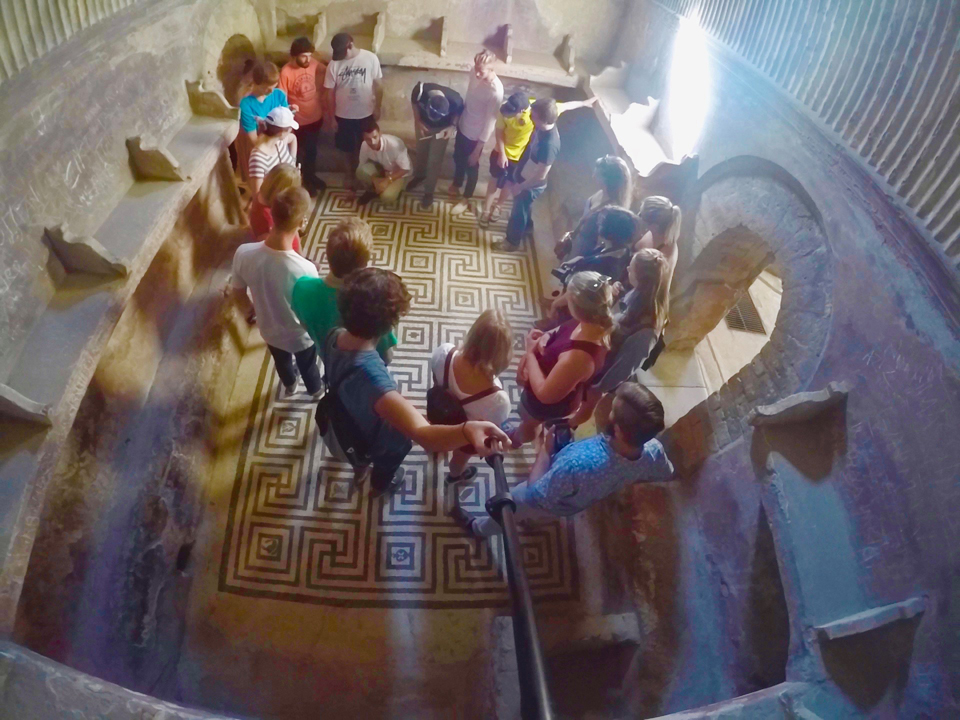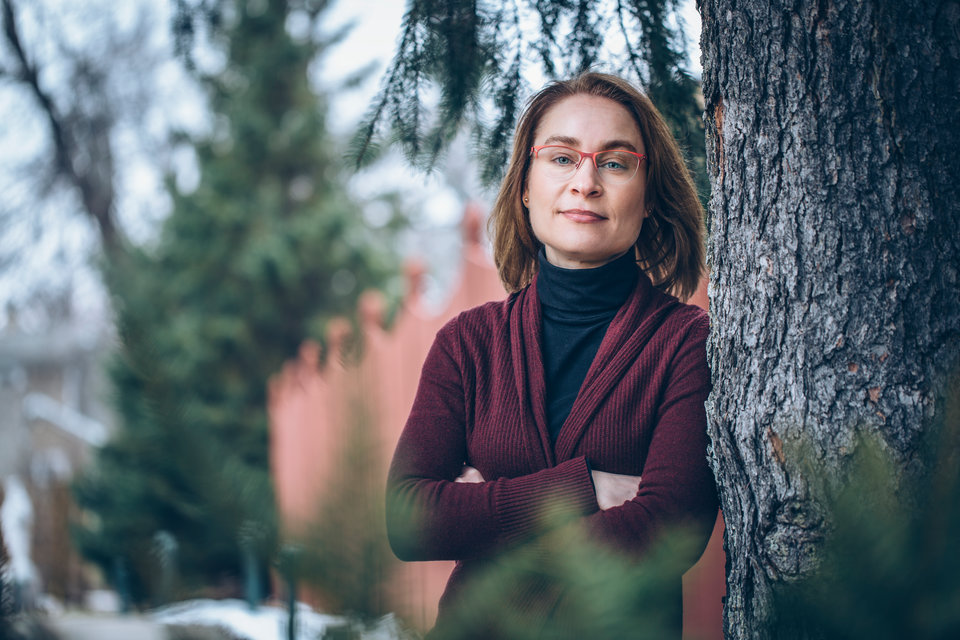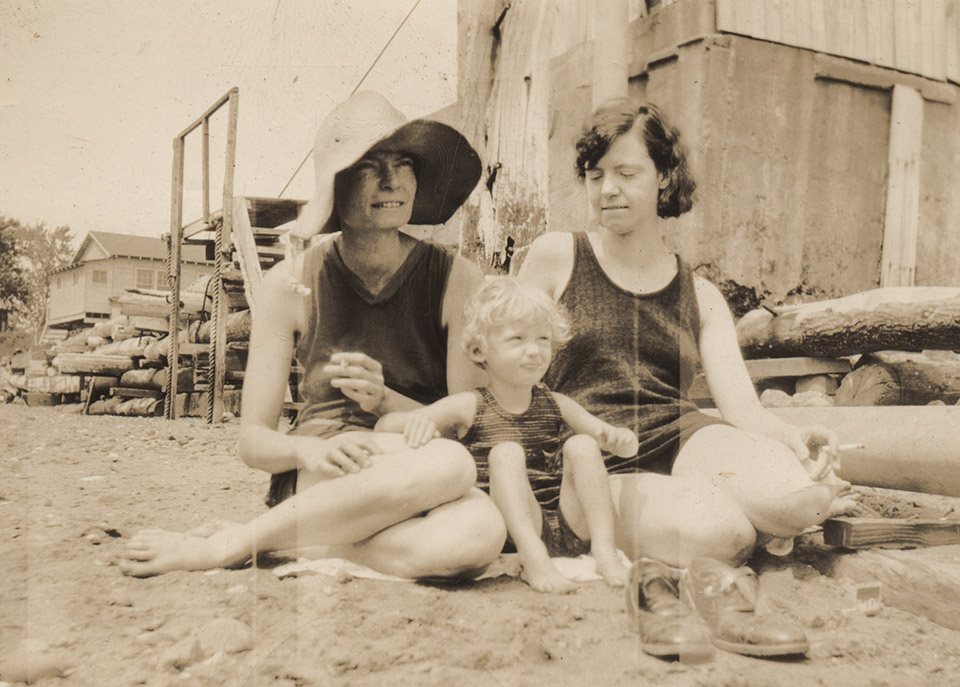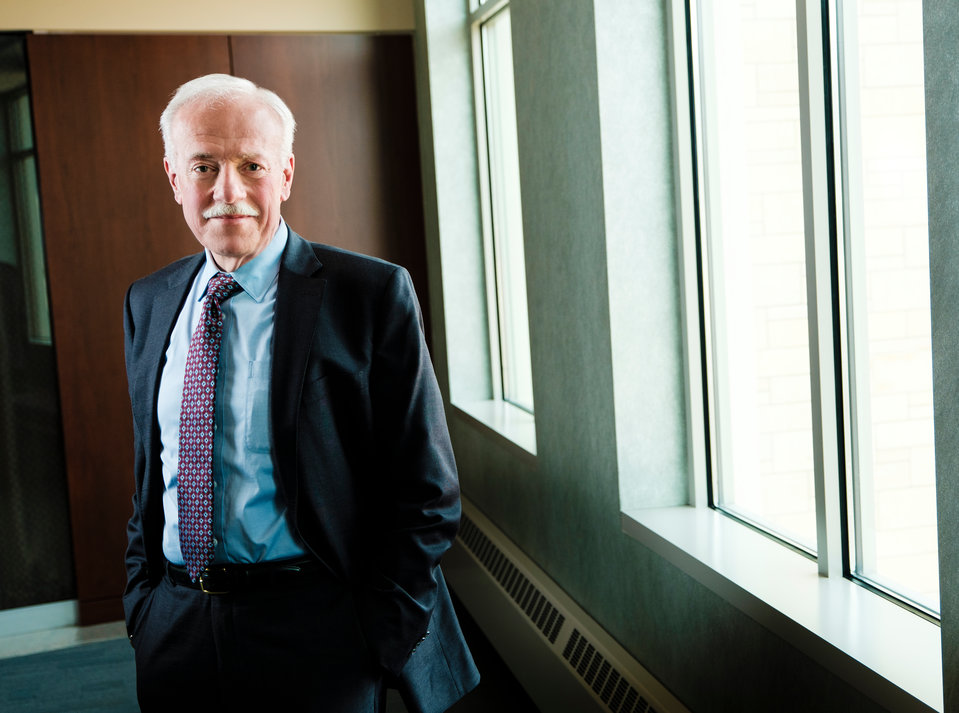A few years ago, a partnership between the Political Science Department at St. Thomas and the Citizens League – a member-supported, non-partisan, nonprofit organization that champions the role of all Minnesotans to govern for the common good and promote democracy – began as many productive partnerships do, with a conversation about what might be possible. Thanks to the vision of university leaders including President Julie Sullivan; Provost Richard Plumb; Doug Hennes, vice president for government relations and special projects; and Dr. Terry Langan, dean of the College of Arts and Sciences, political science students at St. Thomas have unique opportunities to build on what they learn in our classrooms.
For more than 60 years, the Citizens League has created common ground across parties and ideologies to solve some of the biggest challenges facing Minnesota. Many of the public policy achievements on education, taxes, transportation and health care, for which the state is known, have emerged from the work of the Citizens League. In addition to its role as a public policy organization, its status as a membership organization allows for an entry point for citizens to become active in the policymaking process. Citizens League members connect with other Minnesotans, gain experience leading on issues that matter to them, and advance creative and workable policy solutions.
Our partnership with the Citizens League includes the placement of two political science majors as interns within the organization. These interns play a vital role, assisting Policy Director Pahoua Yang Hoffman and working closely with Executive Director Sean Kershaw. In addition to the work at the Citizens League, there is an academic component to the internships, which involves keeping track of weekly duties and responsibilities, attending monthly meetings with me, completing assigned readings and writing a final paper.
In the final paper, students connect their internship experience with their political science coursework, bridging several forms of learning into one summary of their experience. Additionally, Citizens League interns bring their experiences into political science (and other) classes, providing concrete examples of the stages of the policy process.
In 2015-16, seniors Gabriel Flaa and Kate Weyenberg worked with the Metropolitan Council Task Force convened by the Citizens League. The Metropolitan Council is a regional governmental agency that serves seven counties in the metro area, and there has been ongoing public concern regarding issues of representation and transparency within the council. These concerns led to the formation of a 19-member task force charged with considering possible reforms. Flaa and Weyenberg’s job descriptions included preparing for task force meetings, attending meetings and hearings, taking minutes, assisting with policy analysis, and writing and editing reports.
While the students often referred to this internship as a front row seat to the policymaking process they learned about in their classes, I thought of it more as a seat at the table. Yang Hoffman even noted, “Kate Weyenberg and Gabriel Flaa have been top notch. Not only have they been active participants in the Met Council Task Force meetings but they’ve been invaluable to me and Sean as a sounding board before and after.”
This academic year our Citizens League interns, political science majors Mallory Patrow and Kelsea Kern, are working alongside a new study committee convened by the Citizens League to examine transit in the region through the lens of governance, policy and funding. Their experiences have included attending the House Transportation and Regional Governance Policy Committee Meetings and assisting in the writing process of the final report from the transit study committee. The pair are delving into concerns that Kershaw recently elaborated on: “Almost everyone agrees that we do not currently have a sustainable system for addressing long-term transit needs related to both workforce changes and aging. In the last session, transit funding questions ultimately prevented a number of other funding and policy issues from being addressed. Instead of limping along, we want to study the current system to see if there could be a better way to plan for a stronger region now and in the future,” he said.
Both students also are interested in higher education issues and are becoming increasingly involved in the Citizens League’s Calling Home project, an initiative that explores the concept of “home” as a starting place for intergenerational conversations about aging and planning.
As Patrow noted, “We are being tasked with real work that will make a real change.”
In addition to the internship program, our partnership with the Citizens League includes a mentoring program that pairs political science students with Citizens League board members. Last year we matched four students with Citizens League members, and six students this year. I expect continued growth and development for the program in successive years. Our department’s partnership with the Citizens League has been a wonderful opportunity for our students, and we are proud of our students’ contributions to the shaping of public policy in Minnesota.
Read more from CAS Spotlight.
